Coronavirus: NSW economy will not be the same after COVID-19
We are headed for an economic storm and the only way we can get through it is if the private sector is allowed to be free to innovate by a state government that gets it, writes Anna Caldwell.
Opinion
Don't miss out on the headlines from Opinion. Followed categories will be added to My News.
- Numbers are our best guide — it’s time to return to schools
- Hear from the expert: Is it safe to send kids to school?
From takeaway cocktails to around-the-clock groceries and weekend construction, NSW has found ways to supercharge pockets of economic activity at a time when there’s all but none in the state.
This slashing of red tape so that tiny sectors of our economy can continue to chug along as the virus chokes all other activity is one bright spot and signals a mindset that will help us chart our road to financial recovery.
As we think of the road back — as long and windy as it may be — NSW faces an opportunity to change the way we do business.
There is a push within government at senior ministerial levels to drive our recovery by shedding unnecessary red tape, green tape and relaxing the planning laws that slow us down.
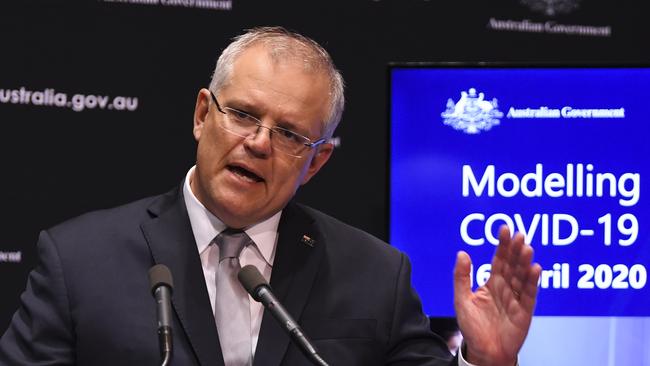
MORE OPINION
How we’re leading the race for a vaccine
How MasterChef can save local artists from COVID-19 pain
Seven ways to survive working from home
Prime Minister Scott Morrison foreshadowed a shift in policy settings for our economic recovery on Thursday, saying we cannot expect the way we do business in Australia to return to the pre-virus reality.
“Any sense of business as usual when it comes to the policy framework we had before the election will need to be reconsidered on the other side (of the virus),” he said.
“The other side of this virus we are going to have to have policy settings that are very pro-growth — that are going to enable businesses to employ people and invest and move forward.”
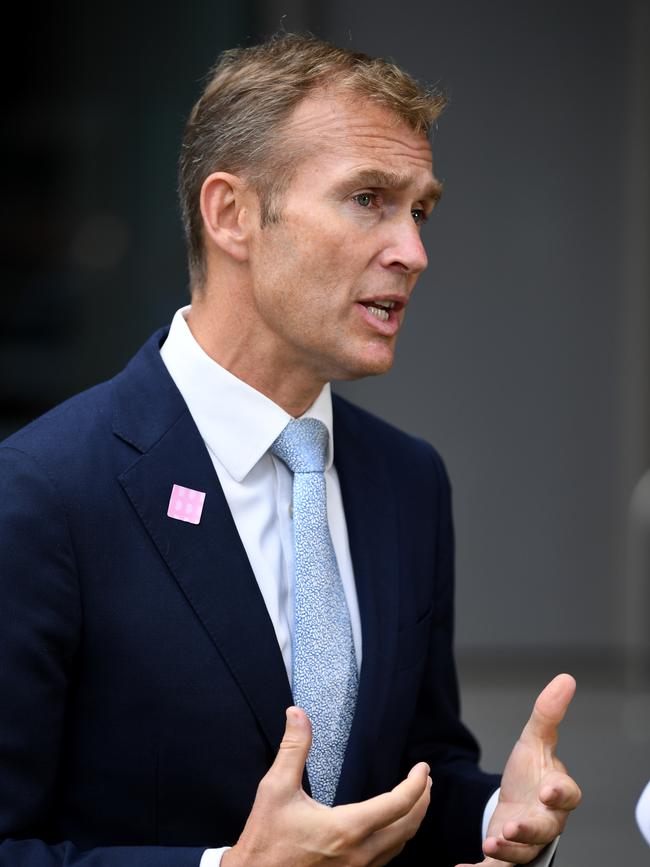

The biggest economic lever the NSW government has is the planning system and we’ve seen just how we can use it with these little bright spots of economic activity in the virus crisis.
Planning Minister Rob Stokes has been particularly adept this month in slashing red tape to support economic activity at a time when it is on life support.
This has included a string of short-term planning orders including allowing construction sites to operate on weekends and public holidays and lifting restrictions to make it easier for food trucks and dark kitchens to be set up and operated.
Stokes also put into effect rules that allowed round the clock grocery operations and delivery docking.
And, my personal favourite, he lifted restrictions on takeaway alcohol so that our favourite restaurants and bars can still serve us drinks to go — a boost for the hospitality sector and a boost for anyone like me who knows the bartender mixes that margarita just that bit better than I can.
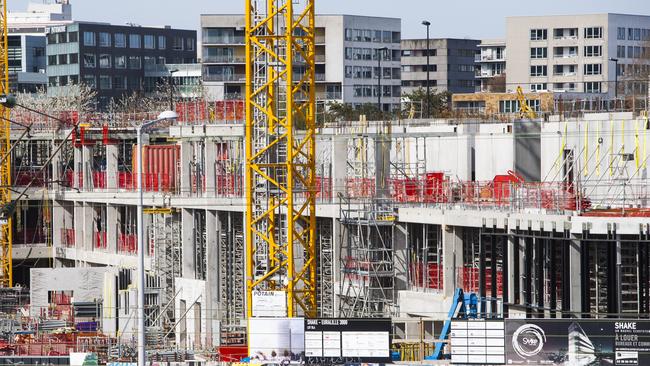
Businesses have responded with agility, transforming and making a buck where they can in ways they previously weren’t allowed to.
I can reveal Stokes is open to continuing these short-term orders beyond the virus if he is convinced they have merit.
The driving force behind these moves must not wane when we start to attempt the road out of COVID-19 — in fact it must ramp up.
This should include drastic measures to speed up the planning system and unclog roadblocks. As it stands, backyard warriors and NIMBYs have too much power to slow development down.
Major state developments like the Narrabri gas project and the Star Pyrmont tower are still waiting in the wings.
Both vastly different developments, at different stages and in different parts of the state have one thing in common. Noisy opponents.
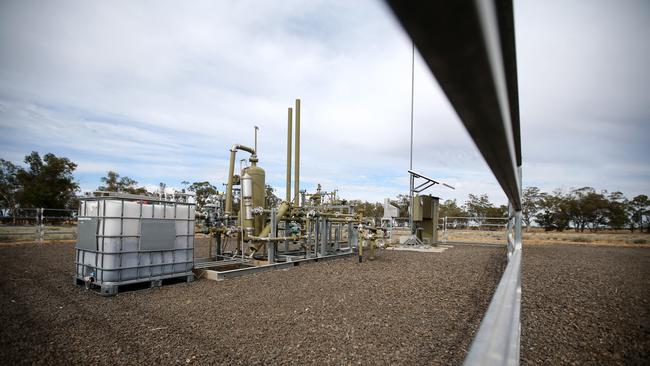
The Star tower proposal fell at the hands of the independent Planning Commission, while the Narrabri gas project by Santos hasn’t even reached that stage.
One result of this crisis will be a renewed adulation and respect for something our lucky country has taken for granted for so long — having a job.
Julia Gillard, when she was PM, used to talk about wanting Australians to have the “dignity of work”. It was a beautiful phrase, but never meant as much as it does now.
Morrison, with his repeated statements that everyone with a job is an essential worker, and his insistence that workers remain connected to their employers in even the darkest financial times, is defining our national character as a nation of people who aspire to be jobseekers and job-keepers — not bludgers.

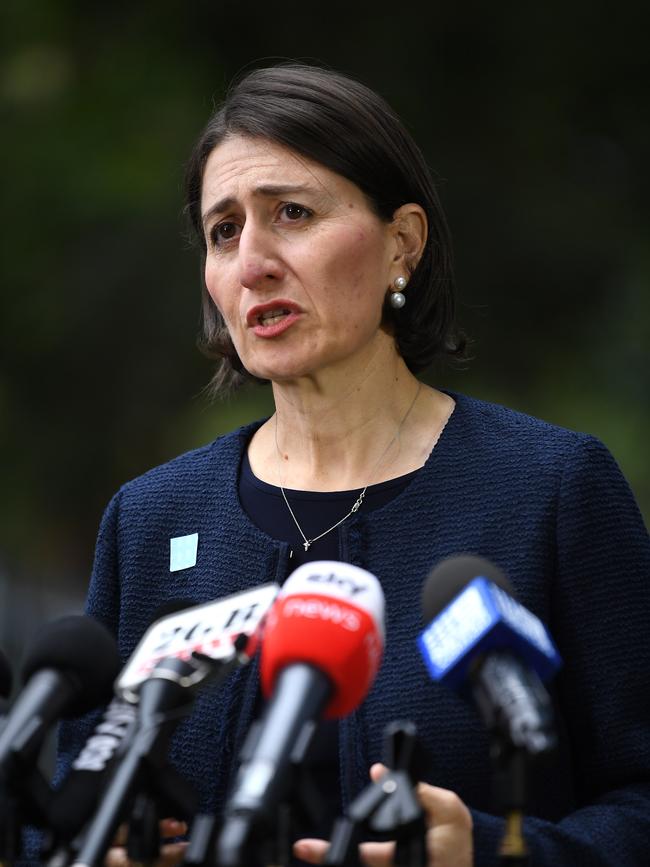
We are redefining our collective psyche to a place where jobs are treasured rather than expected and a privilege rather than a chore.
We can hope that this ideology and a newly-instilled respect for employment will dovetail with revived policy settings that drive business and development as the central planks of our economy.
When we see economic activity outside usual constraints — noisy work out of hours or a development in our neighbourhood we weren’t expecting — we should see jobs not inconvenience.
The Government is united on the idea that development and building infrastructure will chart the state’s path back to economic prosperity, but there is debate at the most senior levels of the Berejiklian team over which projects should go ahead.
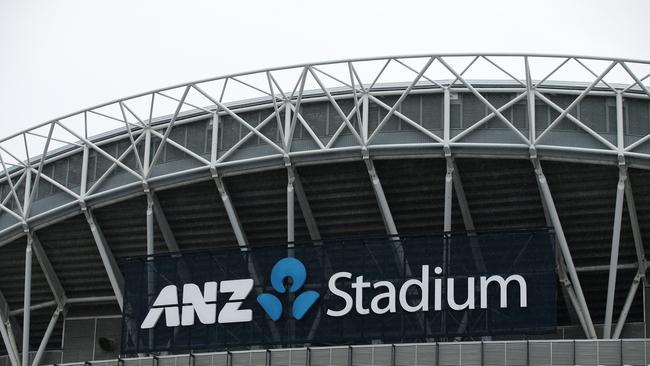
As I reported on Thursday, Treasurer Dominic Perrottet would not commit when asked in a private party room meeting of MPs if the Government would push ahead with the planned relocation of the Powerhouse Museum to Parramatta.
Premier Berejiklian yesterday dismissed any idea that the Powerhouse or ANZ Stadium would be abandoned yesterday, but she has not stemmed the push back in her own cabinet that the investment in those big commitments should be diverted into more pressing projects that may drive more economic activity.
Whatever projects we settle on, the key will be agility, speed and a willingness to slash restrictions that slow us down.
Because our economy does not need any more hurdles than the ones it already has.

